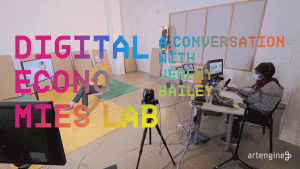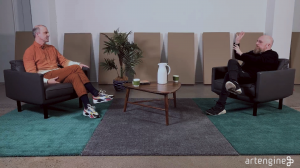In Tom Bessai’s engaging artist talk, he delves into the dynamic role of architects and designers amidst the advent of digital fabrication and technology. With a background in architecture and a deep involvement in technology, Bessai offers valuable insights into how these fields intersect and evolve.
Throughout his talk, Bessai covers a range of topics, starting with the essence of ideal digital fabrication projects, emphasizing the importance of geometry, order, and meaning. He then delves into the practicalities and challenges architects face, such as technology integration, workflow optimization, and the relationship between digital design and physical fabrication.
Another key aspect Bessai addresses is the emergence of a digital fabrication ecosystem, exploring how spaces, devices, and education intersect to shape the future of design and fabrication. He discusses issues like organization, accessibility, and the democratization of technology, envisioning a landscape where collaboration and experimentation thrive.
Bessai illustrates his points with examples from various projects and initiatives, showcasing innovative approaches to material testing, generative design, and machine feedback. He highlights the potential for collaboration between academia, industry, and the broader community, emphasizing the importance of shared spaces and resources in fostering creativity and innovation.

